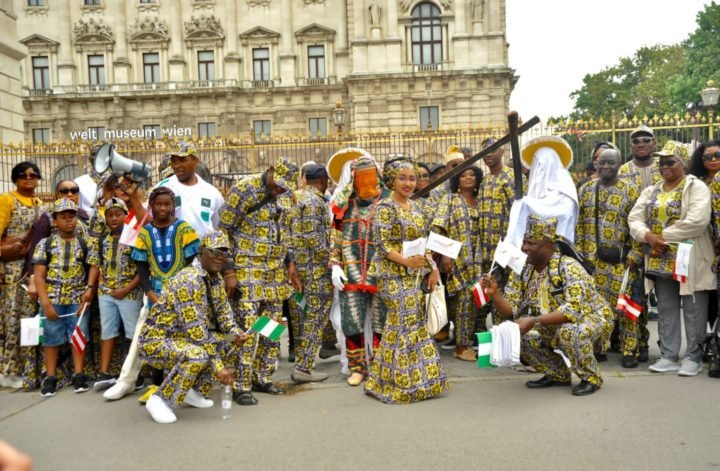South Africa and indeed the rest of the continent mourn the loss of a literary giant and theatrical luminary, Mbongeni Ngema, who passed away at the age of 68 in a car crash. Ngema’s impact on the world of arts, particularly his unyielding portrayal of the struggles under apartheid, has left his footprint on the sand of South African history and beyond.

Ngema’s rise to international prominence in the 1980s was marked by powerful plays that vividly depicted the lives of black people during the oppressive era of apartheid. His works, often described as a “masterfully creative narration of our liberation struggle,” became a potent voice against the inhumanity of the apartheid regime.

At the forefront of his achievements was the musical “Sarafina!” a tour de force that not only captivated audiences but also served as a poignant documentation of the Soweto Uprising. The musical’s impact reverberated globally and was later adapted into a film starring Whoopi Goldberg. President Cyril Ramaphosa rightly acknowledged Ngema’s role, stating that his works honored the humanity of oppressed South Africans.
Ngema’s artistic journey began in the 1970s, transitioning from a backing guitarist to a force on the stage. Co-writing the groundbreaking play “Woza Albert!” in 1981, he envisioned the second coming of Jesus Christ during apartheid, establishing a benchmark for South African protest theatre. The satirical work not only resonated locally but also made waves on international stages in London and New York.
His exceptional technical prowess as a producer shone through in the musical “Asinimali!” (We don’t have money!), showcasing Ngema’s versatility in storytelling. However, it was “Sarafina!” in 1987 that catapulted him to global recognition, bringing the revolutionary fervor of South Africa’s youth to audiences worldwide.

Ngema’s impact extended beyond apartheid’s end in 1994. In 1995, he produced “Sarafina 2,” shedding light on the HIV/AIDS epidemic. While the production faced controversy over its cost, it underscored Ngema’s commitment to using his platform to address critical issues.
Not a stranger to controversy, Ngema’s 2002 song “AmaNdiya” stirred tensions by accusing South Africa’s Indian community of racism and exploitation. The ban that followed and Nelson Mandela’s call for an apology marked a challenging chapter in Ngema’s career. Unyielding, he defended artistic freedom, refusing to compromise his vision.

As tributes pour in, South African actress Sophie Ndaba captures the sentiment felt by many, stating that Ngema’s creative work and music will inspire generations to come. In his life’s work, Ngema not only entertained but challenged societal norms, leaving an enduring legacy as a revolutionary force in South African theatre.




